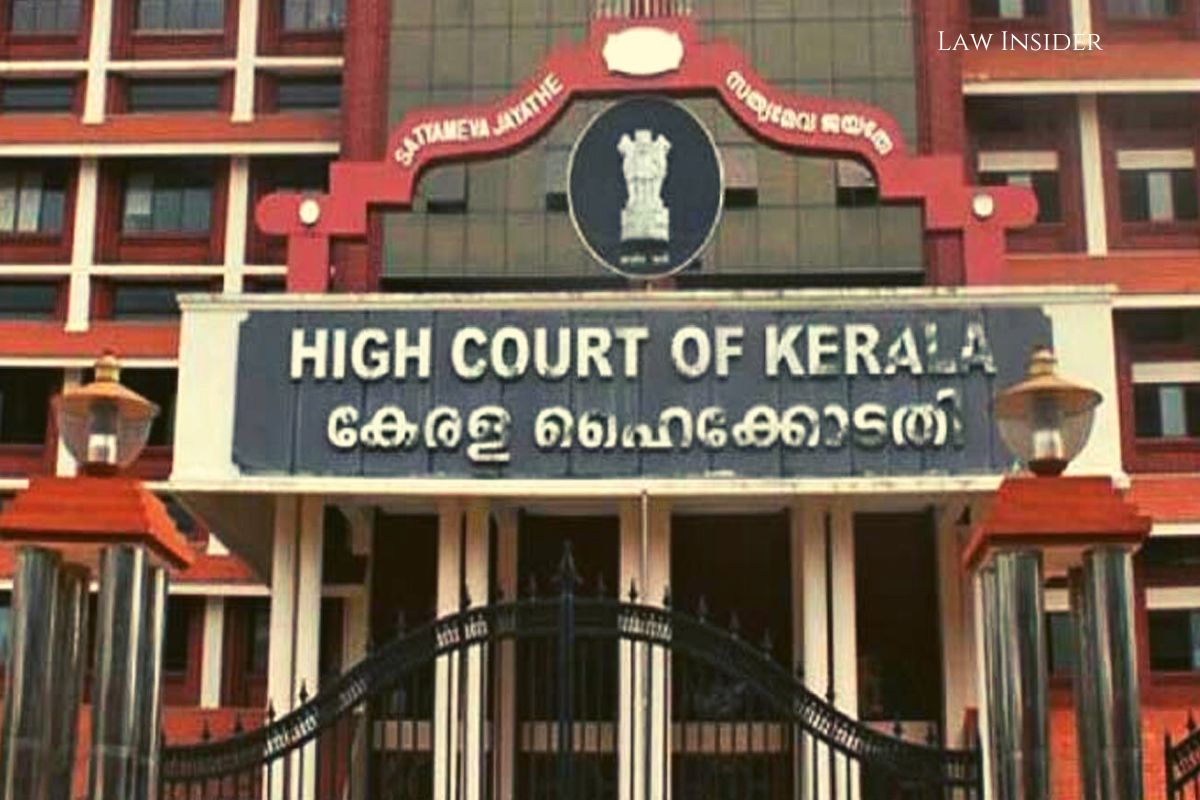Savvy Thakur
Published on: 05 December 2022 at 21:35 IST
The Kerala High Court recently ordered all Family Courts in the state to quickly return funds deposited as maintenance arrears to the claimants.
While taking into consideration a petition to revise an existing Family Court order, Justice A Badharudeen noted that Family Courts frequently demand unnecessary additional court orders and have been reluctant to release such deposits.
The practice was mocked by the judge, who said that Family Courts have a responsibility to quickly release such deposits to help families survive.
“It appears to be a bad practice that hurts the claimants’ interests.”
The Court stated in its order that “in fact, it is the duty of the Family Courts to release the amount deposited within the shortest possible time to the respondents, in order to help them for their survival.”
As a result, the Court directed Family Court judges to promptly distribute the deposited funds to the claims.
The order read, “Since it is noticed that this is the procedure that has been following in almost all of the Family Courts,”
Further directing “all Family Court Judges to release the amount deposited towards arrears of maintenance under the orders of this Court or otherwise to the claimants at the earliest.”
It also told Family Courts to get in touch with claimants right away and give them the money right away when such deposits are made.
“The Family Court shall immediately secure the presence of the claimant or claimants, after contacting them through their lawyers or in the telephone numbers of the claimants, if available in the office, and shall release the amount directly to the parties, without effecting deposit of the same in the treasury and to put the claimants in further trouble,” it is also ordered when amounts are deposited as part of maintenance arrears.
The order stated, “The amount may be deposited in accordance with the law if such way of payment of the amount is not feasible, despite having chosen the procedures hereinabove referred to.”
Case Title: Manikandan v. Raveena

